With Father’s Day approaching (in Finland), it feels almost natural to talk about men—and about fathers. And about how fatherhood tends to be represented.
Back in the golden age of Facebook, Father’s Day feeds used to overflow with pictures of perfect dads, perfect kids, perfect families. You still see some of those posts, but not nearly as many. If they were meant to say, “Look, this is what a good day looks like,” does their disappearance mean that if it isn’t posted anywhere, it wasn’t a good day?
I doubt it.
That’s why I’m drawn to the kind of men who don’t post about their morning coffee or their seat in business class, who don’t broadcast every thought online. The ones who simply get up, pull on their underwear, and get ready for the day.
They don’t talk about resilience. They live it.
I’ve come to believe that greatness often looks like this — ordinary, steady, unannounced. The world may adore spectacle, but what actually holds it together are the small, invisible acts of showing up.
Fixing the Christmas lights barefoot in the wet November garden. Wading into a freezing lake to pull the boat ashore without a word, but with a grin. (And no one takes a photo of it. Which is why the images accompanying this article are AI-generated — their characters are virtual models from the other danish guy.)

It’s not heroism. It’s presence.
And I’d like to think that’s what most fathers — at least the ones who try their best — are made of. Not all of them, not all the time. But enough for their children to remember the quiet feeling of safety that comes simply from being there.
Which brings me to something I’ve been thinking about: How do we talk about safety and presence in a world that still seems to have lost its balance?
Some people seem convinced that life happens to them — that the world’s unfairness has built a permanent wall between them and happiness. Then there are those who know that life happens through them — inside them. They’ve stopped blaming the weather, the boss, the government, or the passing years. They just prepare. And begin again.
That’s self-confidence — not the loud kind that performs itself, but the quiet kind that takes responsibility.
What if true confidence is simply that: choosing not to hide behind circumstances or outsource blame, but to make peace with oneself, skeletons and all.
Someone once said it well: self-confidence is the ability to live with your ghosts — the dark corners, the bad choices — because you’ve already faced them. They exist, but they no longer define you.
Psychologists even have names for this groundedness. Martin Seligman calls it flourishing — those moments when a person takes the wheel of their own life and stops searching for themselves in other people’s opinions. Albert Bandura called it self-efficacy: the belief that we can act, and that our actions matter.
Without self-confidence, we stay trapped in fear and shame. With it, we act differently. We connect differently. We live differently.
Reality, however, remains what it is:
A parade of unhinged world leaders.
Mornings that start too early.
Mismatched socks.
Days that demand more than we expected — curveballs we never saw coming.
Still, we can meet it with mercy. By being present, preparing, and showing up.
And that brings us back to Father’s Day. Every year, fathers receive the same uninspired gifts — socks, mugs, underwear. But maybe this year, we can see things from another angle.
This isn’t really about underwear. It’s about ritual.
And as it happens, psychologists have quite a lot to say about rituals too. Psychologists Michael Norton and Francesca Gino once asked people to perform or imagine performing small rituals after painful experiences. Simple gestures, really — tearing up a piece of paper, lighting a candle.
Those who did the rituals reported less grief, more control, and a stronger sense of emotional recovery than those who did nothing. The rituals worked even when people didn’t believe in them — meaning it wasn’t about superstition, but about structure and purpose.
Rituals turn helplessness into agency. They give form to chaos and create a moment of I can do something, even when the bigger picture remains unchanged.
So here’s a small suggestion:
Next time you pull on your underwear, take a second to remind yourself —
I can’t choose my circumstances, but I can choose how I meet them.
I can’t control what others do or think, but I can control how I respond.
And maybe the best moment to remember that truth is in the quietest second of the day — that private, universal ritual of getting dressed.
You can even make it an experiment: Buy your father a pair of underwear. Tell him this story. See what happens.
You might say, “They’re only underwear.”
Exactly.
Until they become the first layer of confidence —
the first small decision of the day:
to be present, to be real, and to begin again.
Quietly.
As your underwear, so is your day.
For those interested in self-confidence and rituals, further reading:
Seligman, M. E. P. (2011). Flourish: A visionary new understanding of happiness and well-being. New York, NY: Free Press.
Bandura, A. (1997). Self-efficacy: The exercise of control. New York, NY: W. H. Freeman.
Norton, M. I., & Gino, F. (2014). Rituals alleviate grieving for loved ones, lovers, and lotteries. Journal of Experimental Psychology: General, 143(1), 266–272.
Hobson, N. M., Schroeder, J., Risen, J. L., Xygalatas, D., & Inzlicht, M. (2018). The psychology of rituals: An integrative review and process-based framework. Personality and Social Psychology Review, 22(3), 260–284.


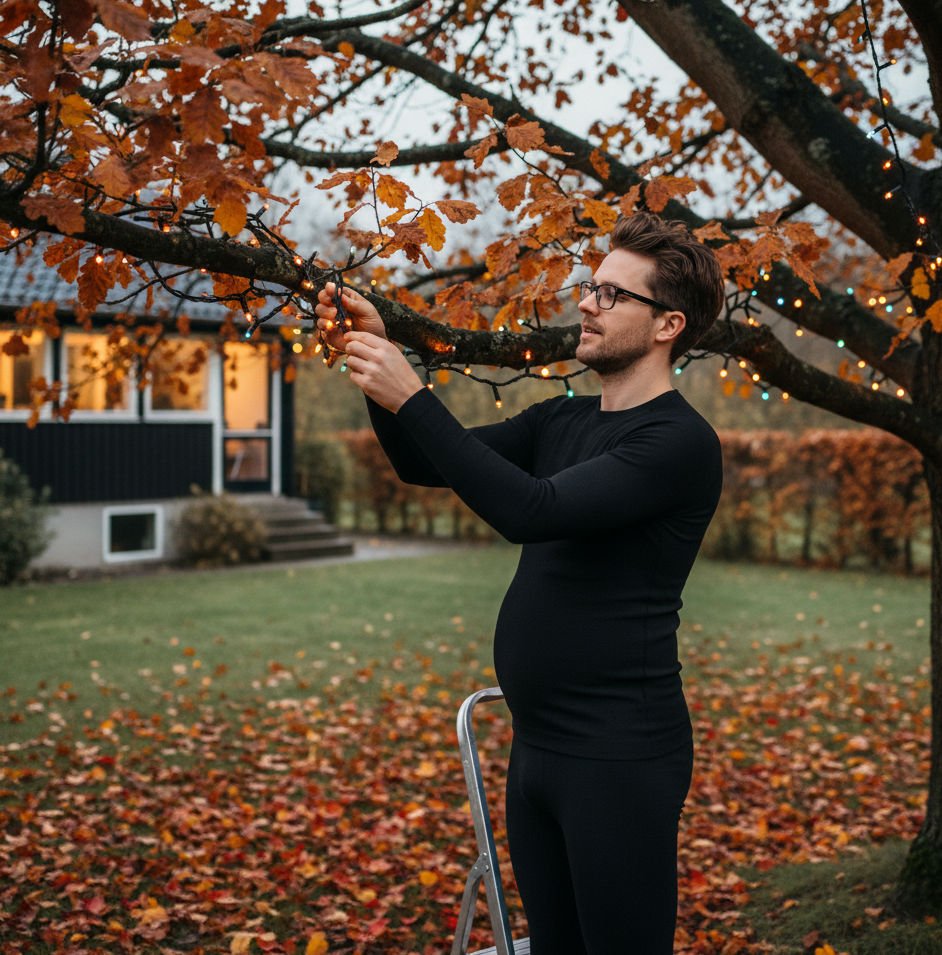
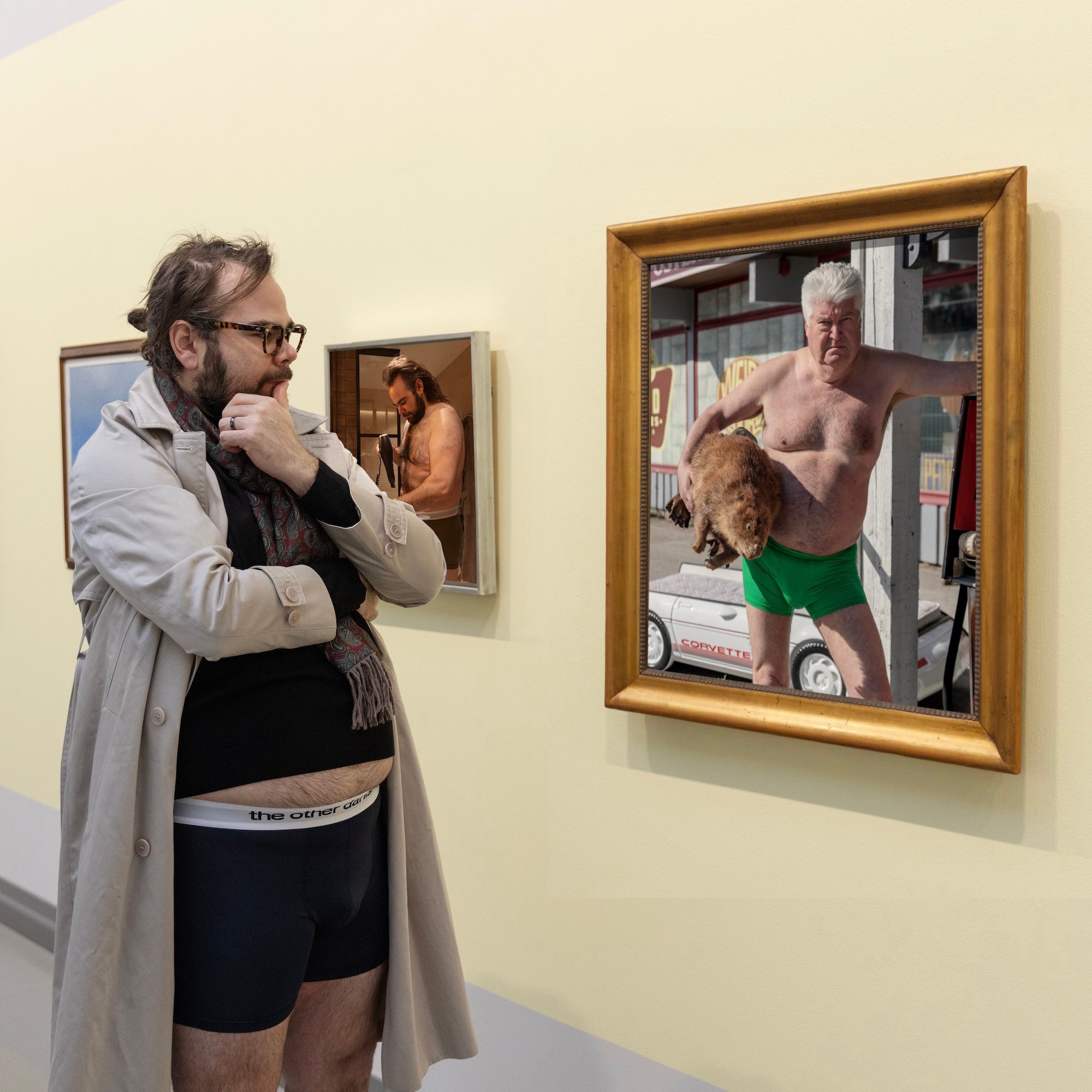
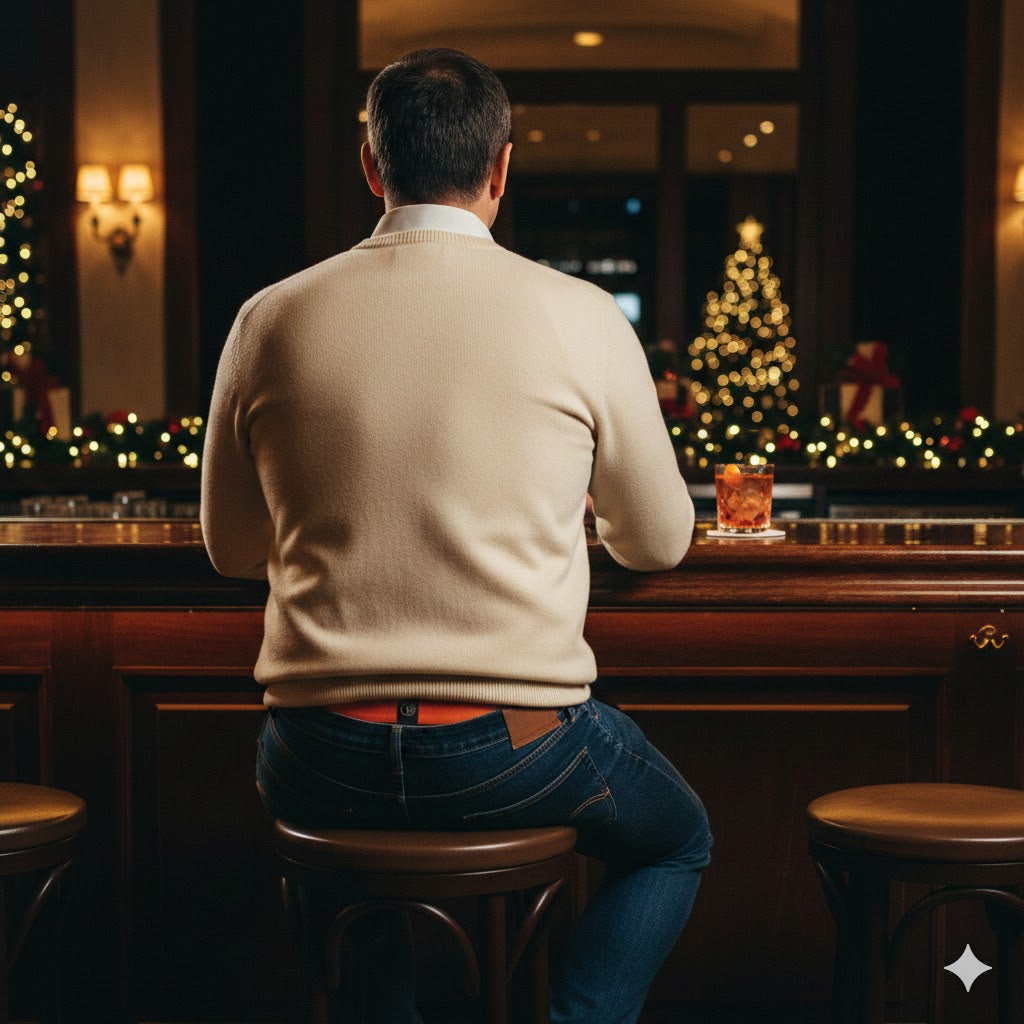








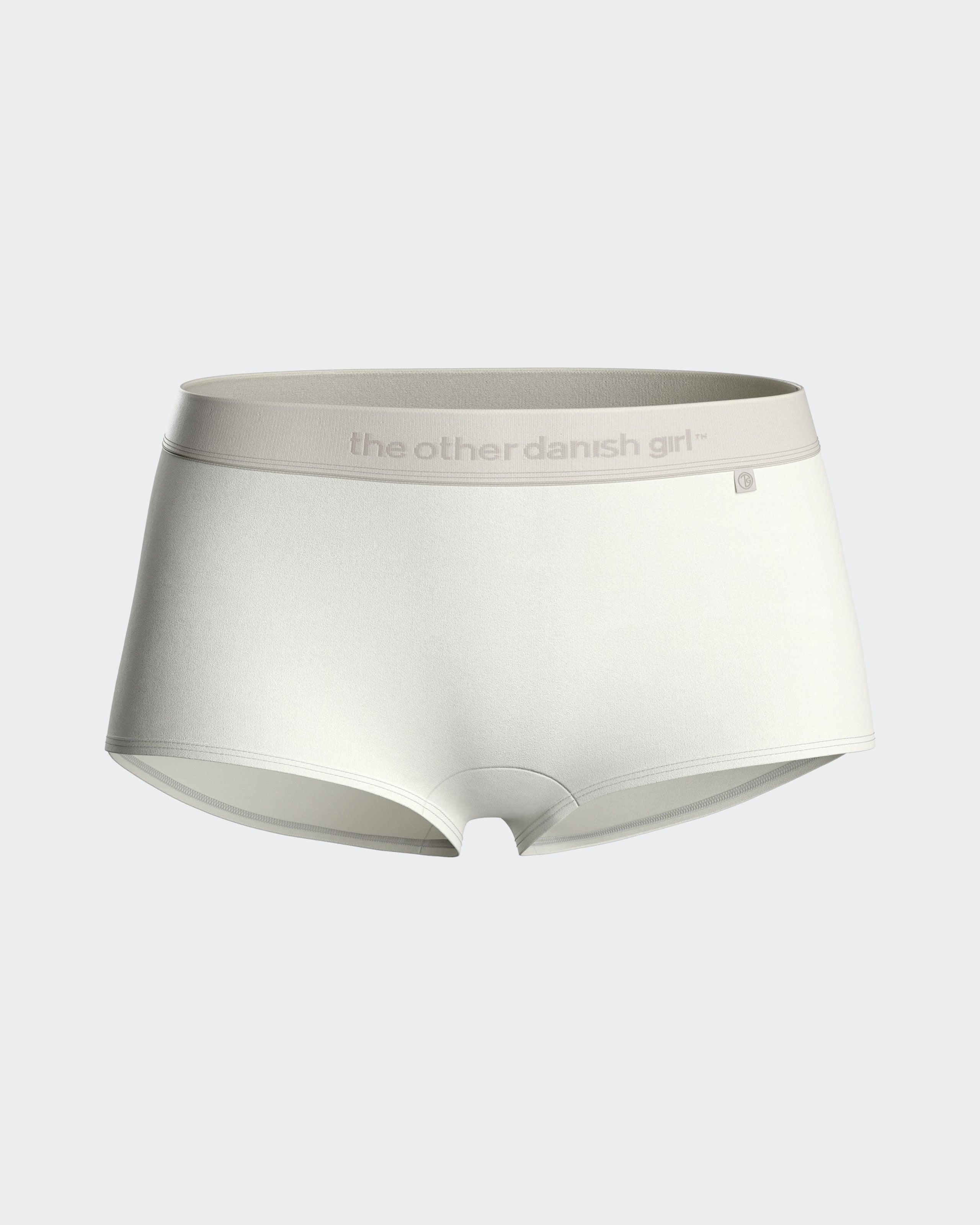

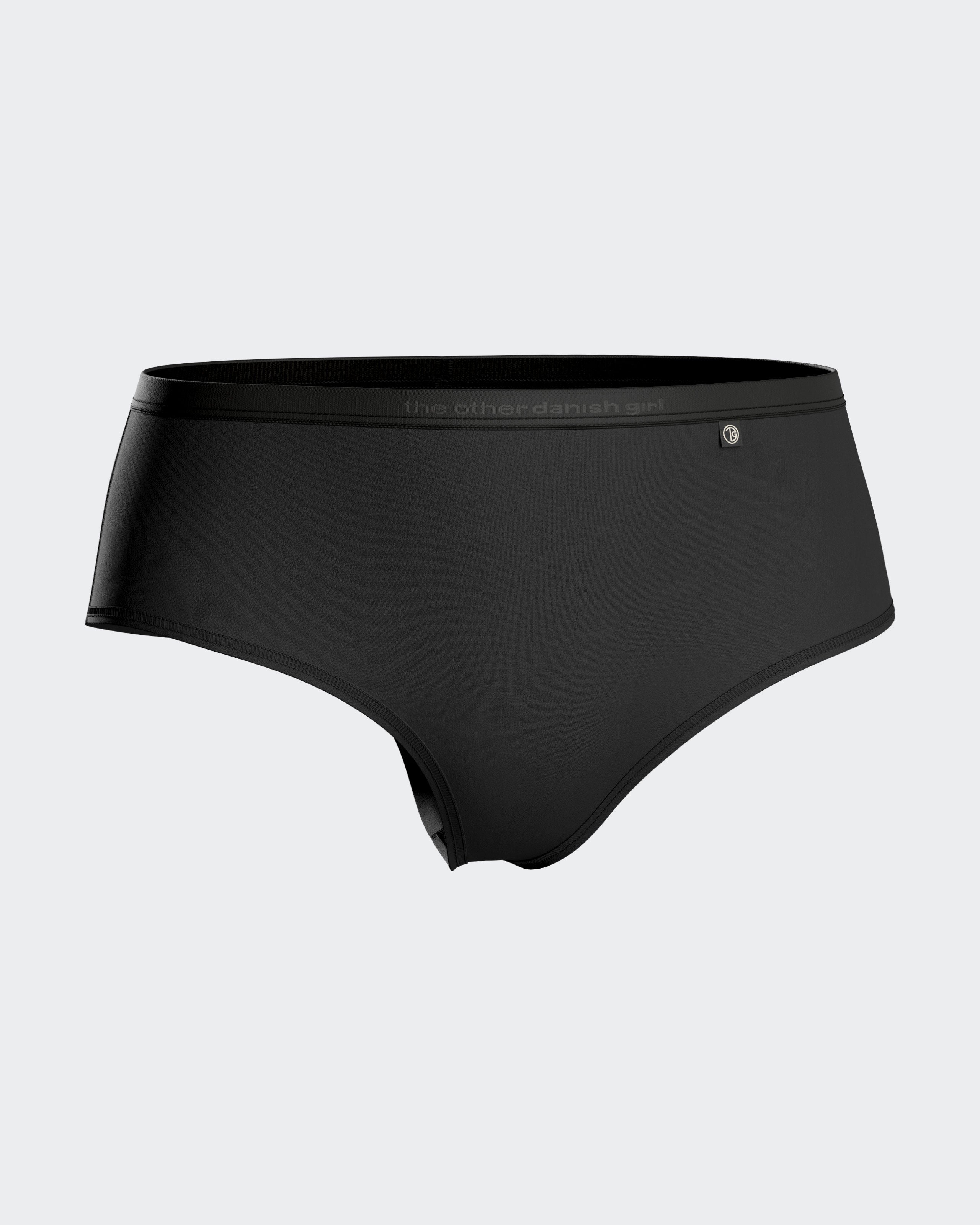
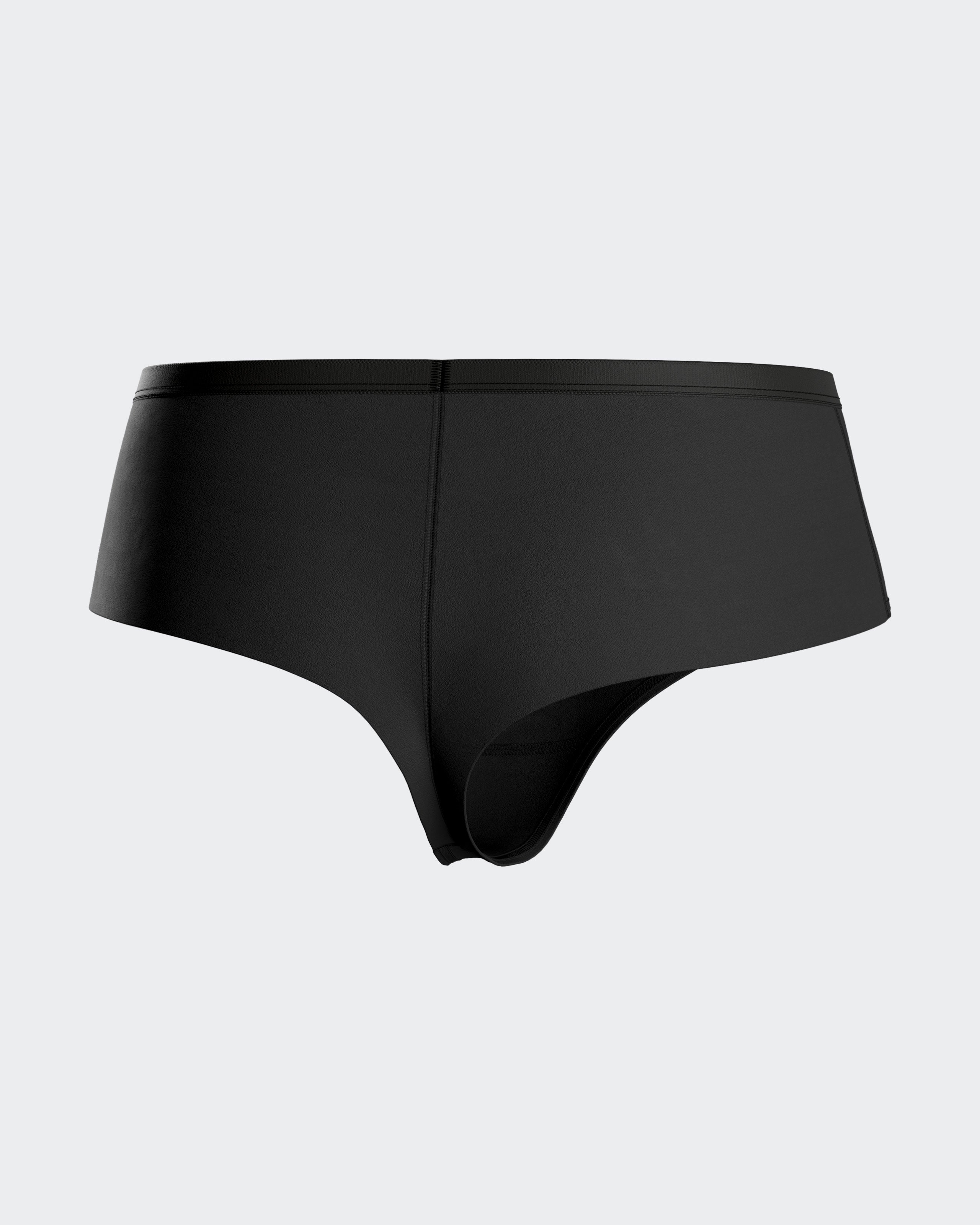
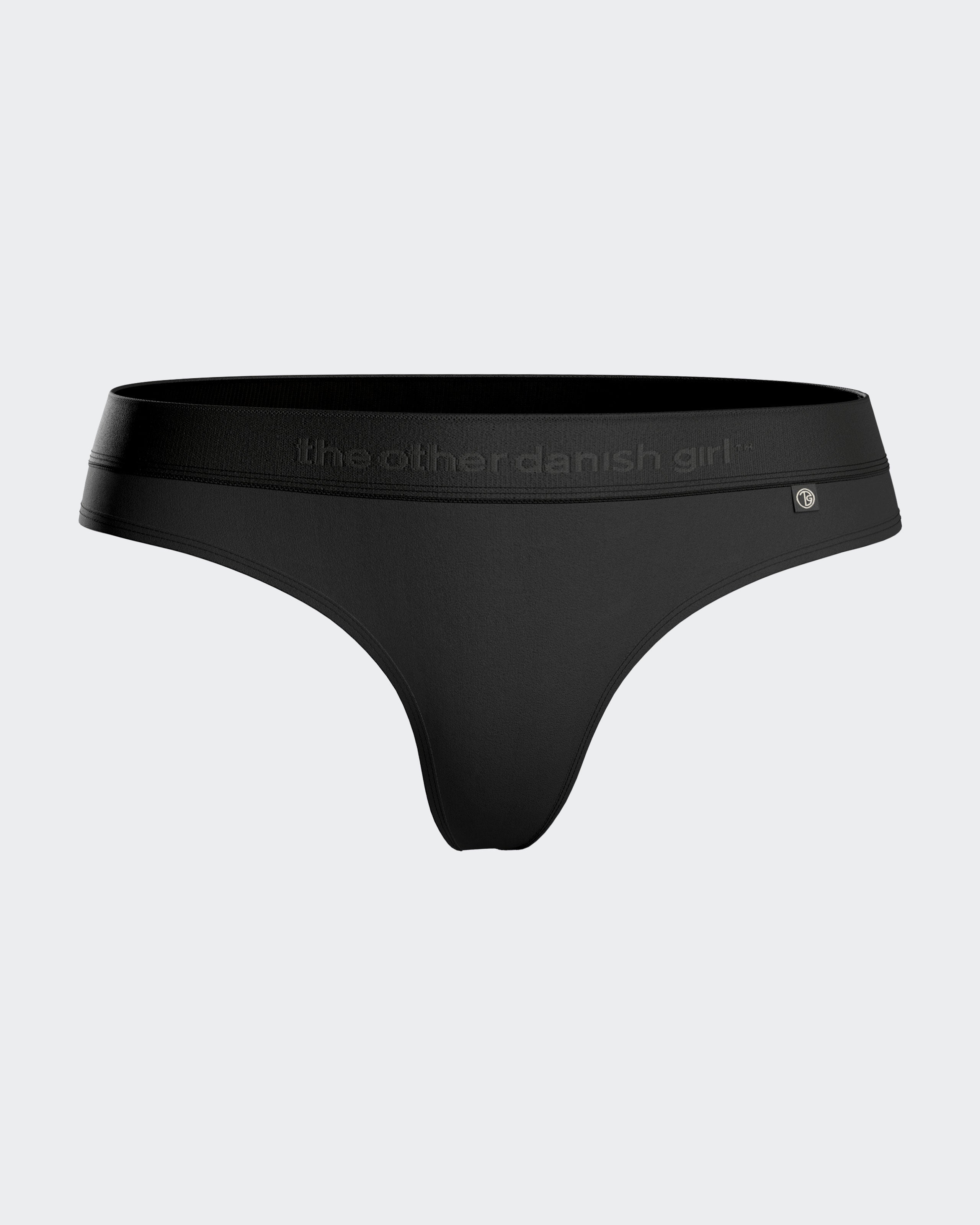

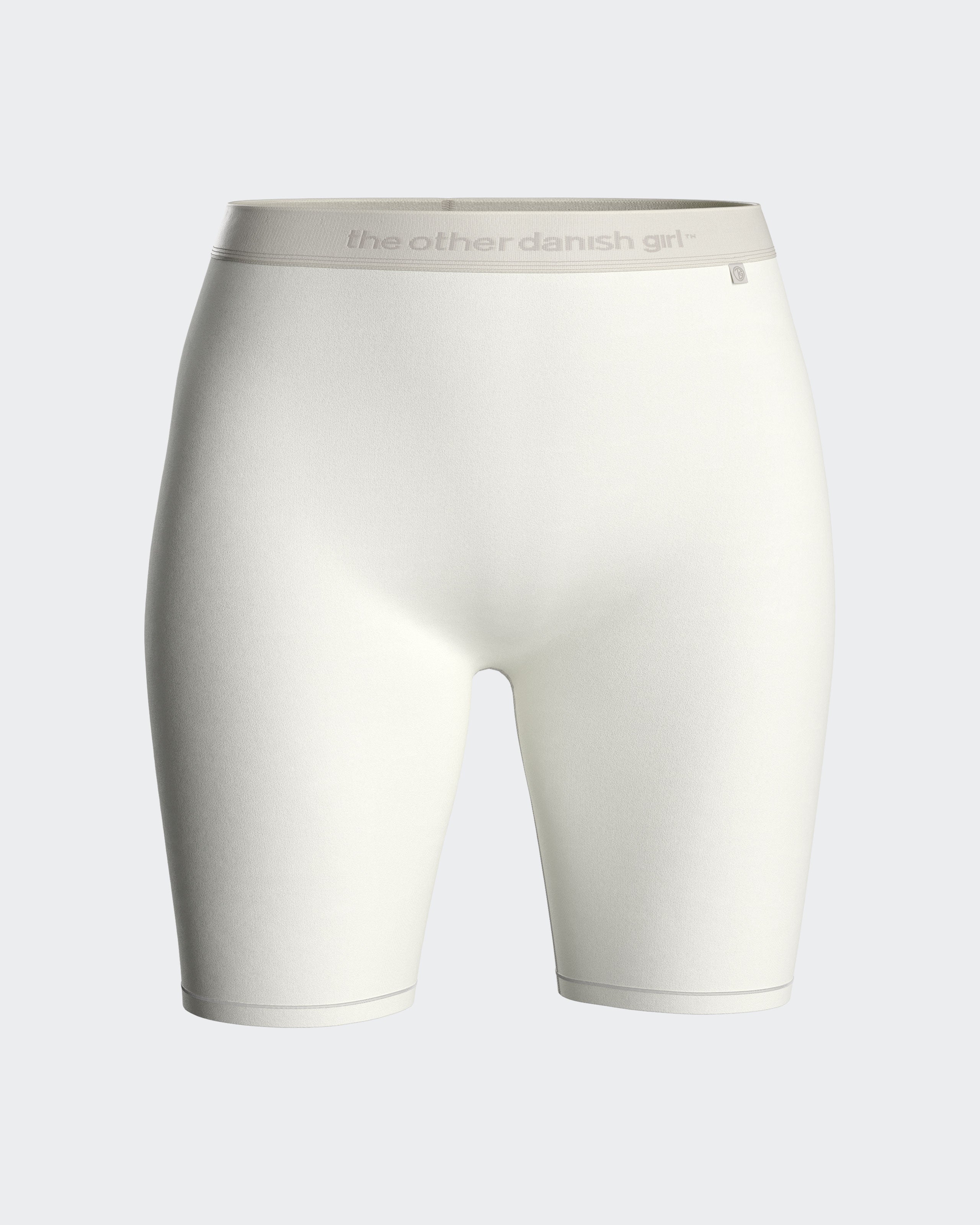
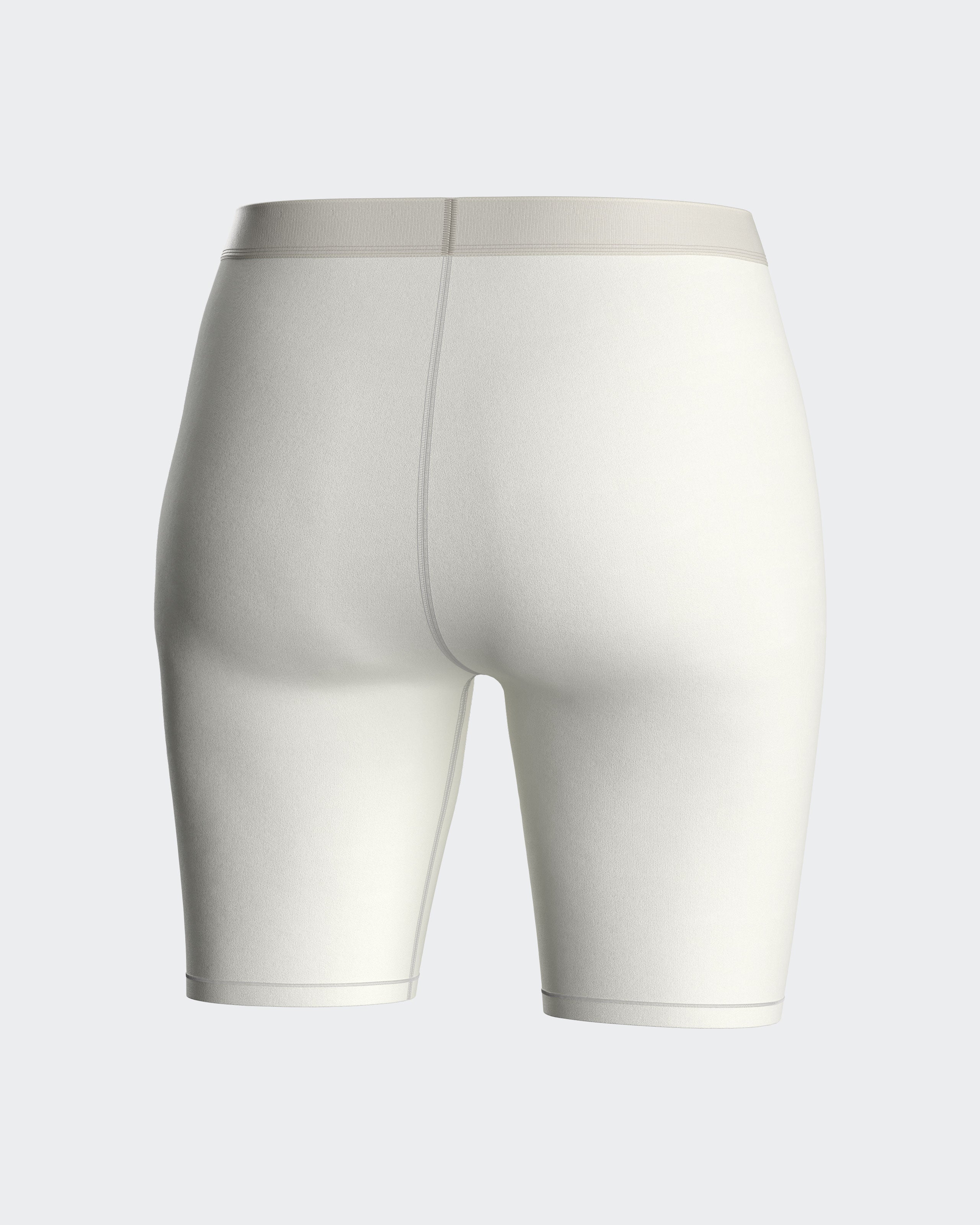
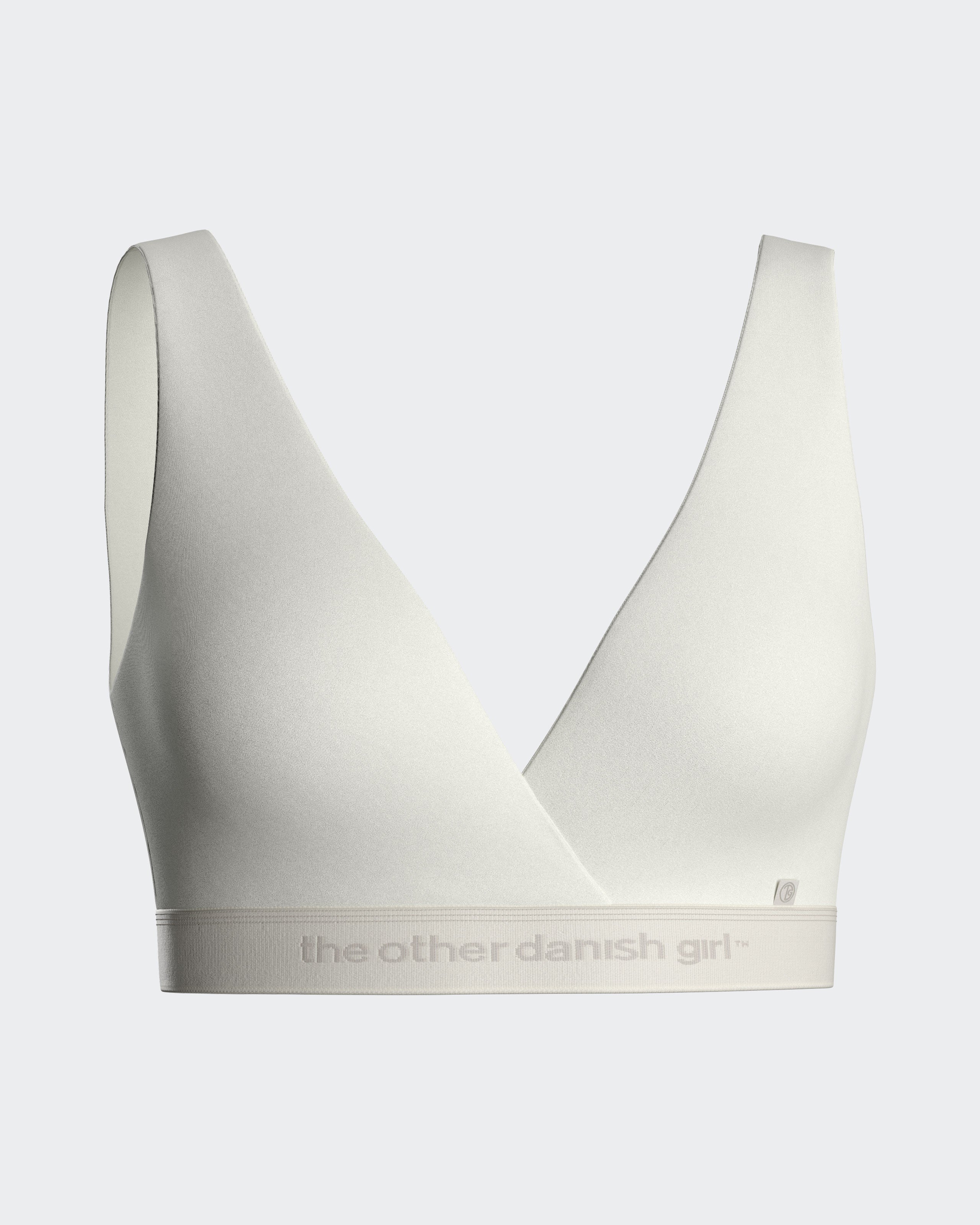
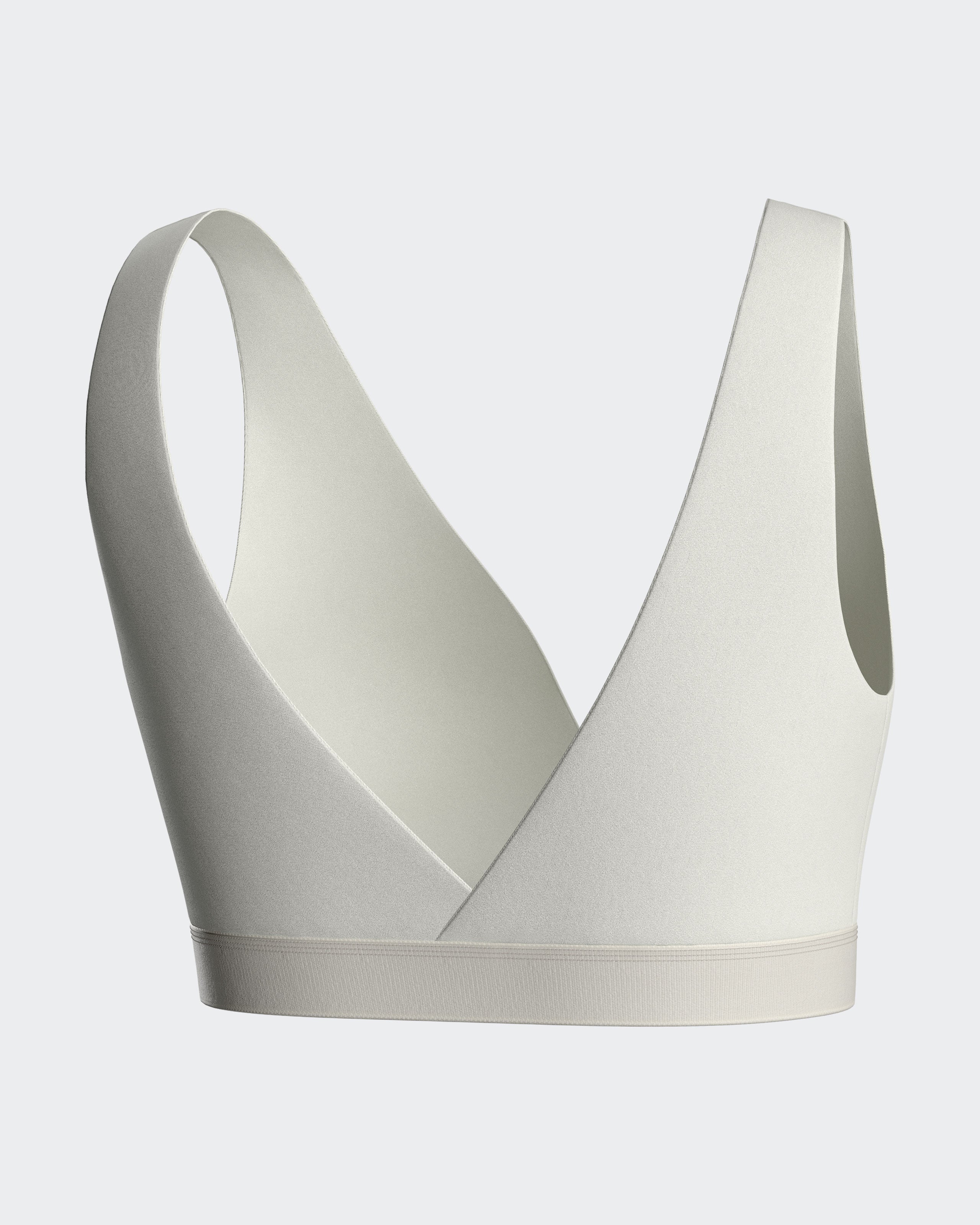
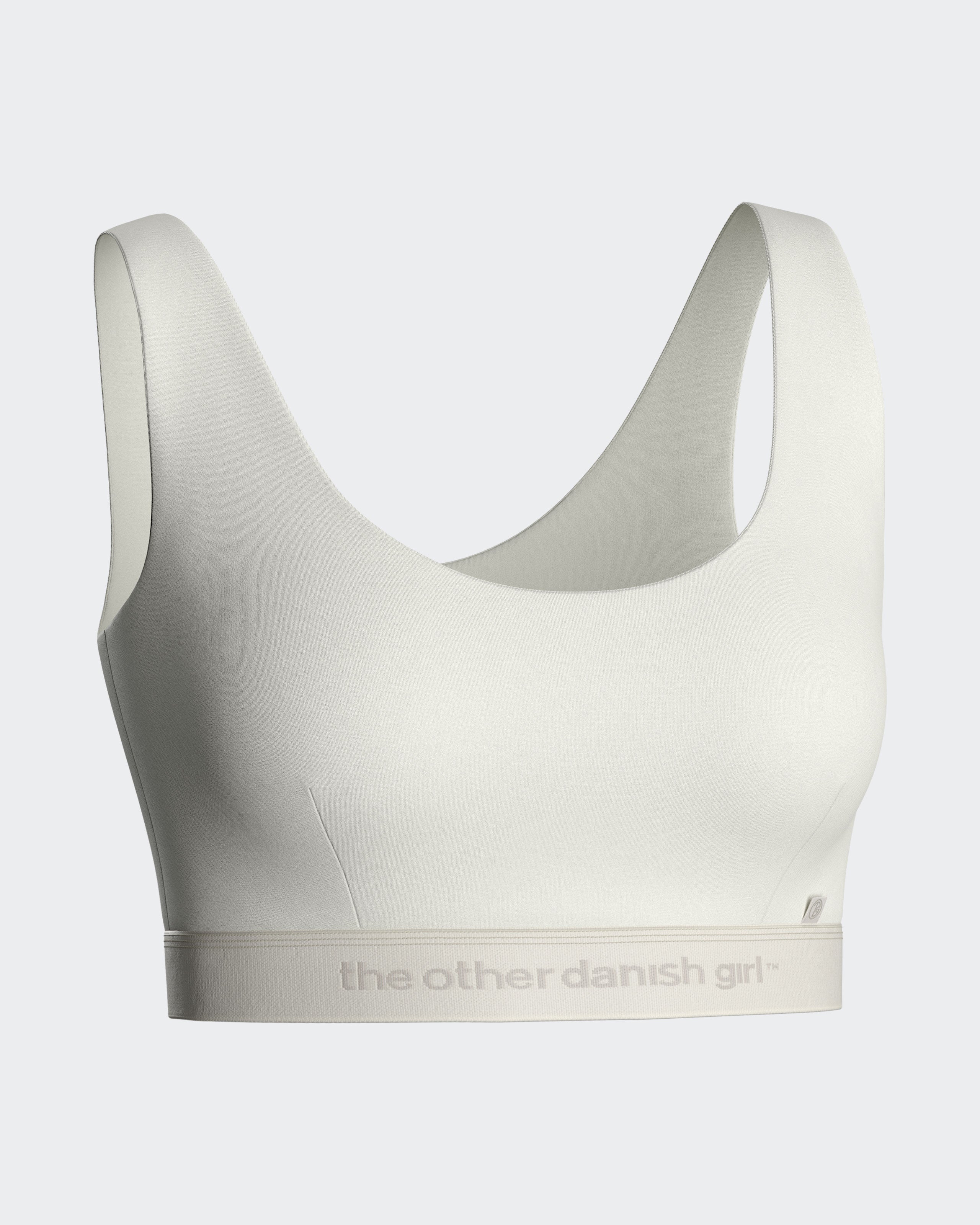
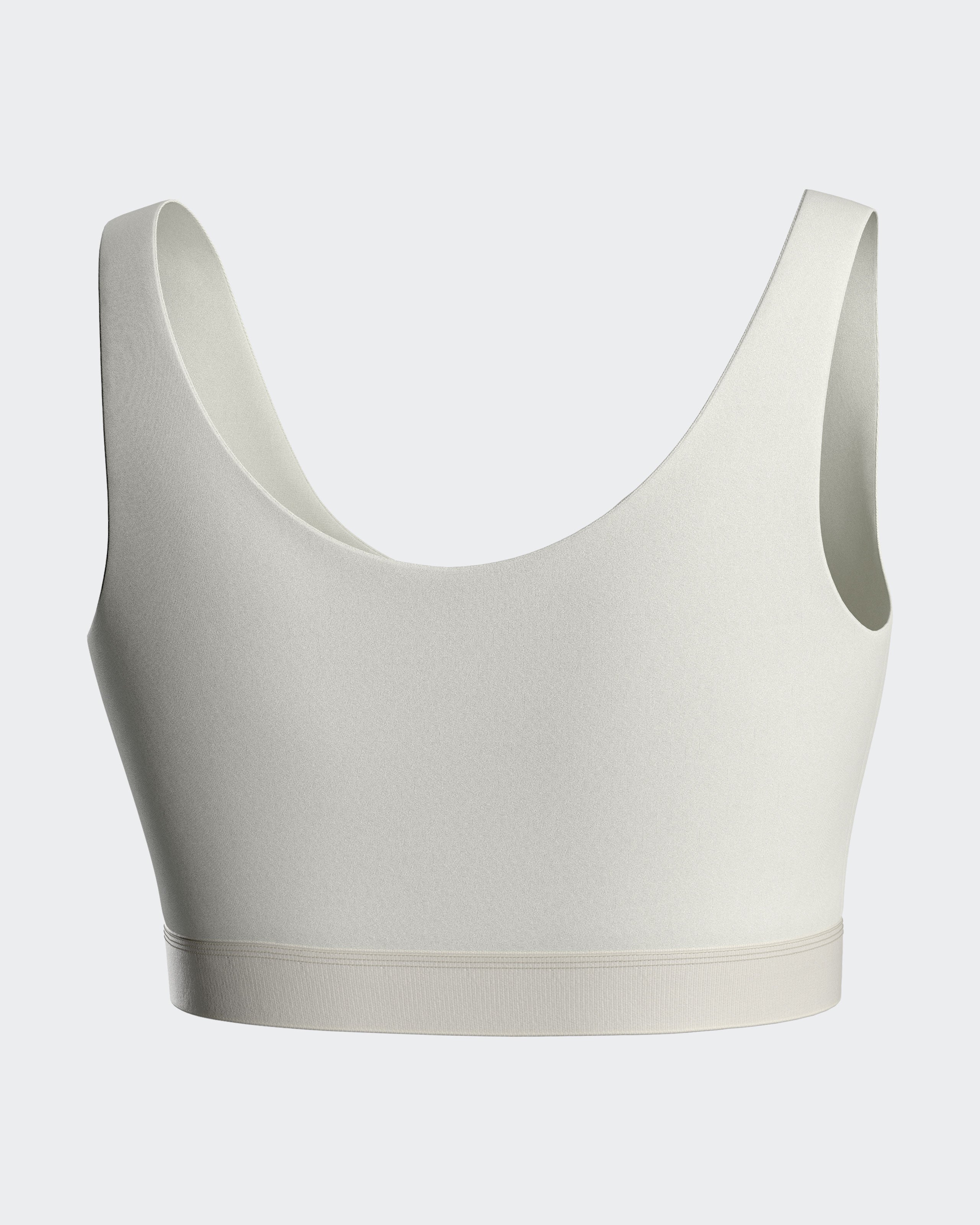





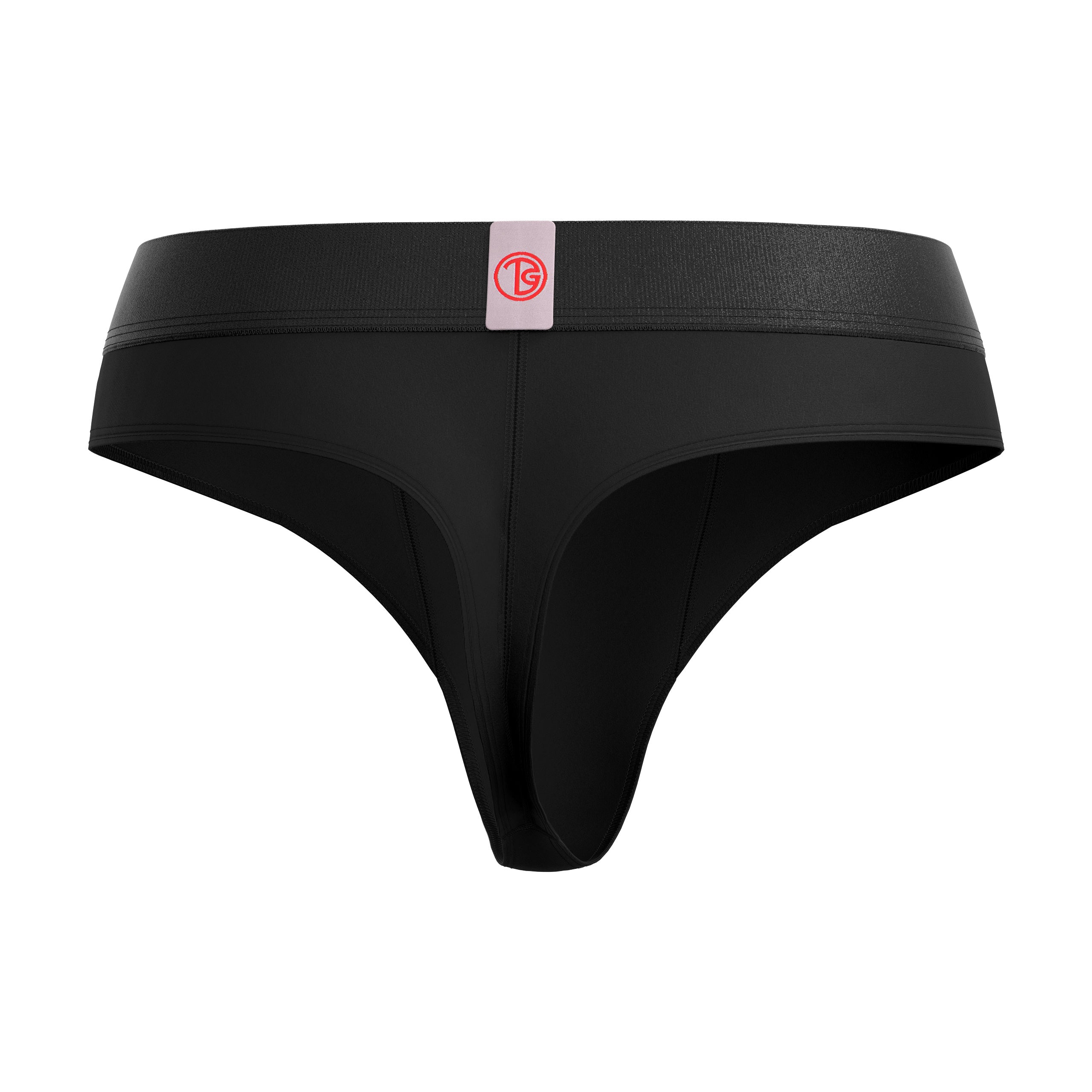


5 comments
Heikki Kultalahti
Kiinnostava, rohkaiseva. Omakohtainen kokemus tästä. OK.
Mikko Karvinen
Voisiko saada myös brief-mallisia kalsareita valikoimaan?
Jari Saarinen
En ole vuosiin muita käyttänytkään. Juuri tilasin uudet 4kpl ja niillä taas mennään. Ja voin sanoa että nämä kestäät hyvin.
Vesa Ari
Olen tosi pettynyt teidän alushousuihinne. Mainoksissa ne sopivat kaikille. En ole lihava, hiukan ylipainoinen ( 187 cm, 87 kg ) , vatsaakin on hieman kertynyt. Housujenne vyötärönauha on ohut ja leveä, se kiertyy rullalle istuessa ja on erittäin epämukava. Onneksi ostin vain yhdet housut, ne olivat ensimmäiset ja viimeiset.
pekka raivio
missään ei näy hintoja
Leave a comment
All comments are moderated before being published.